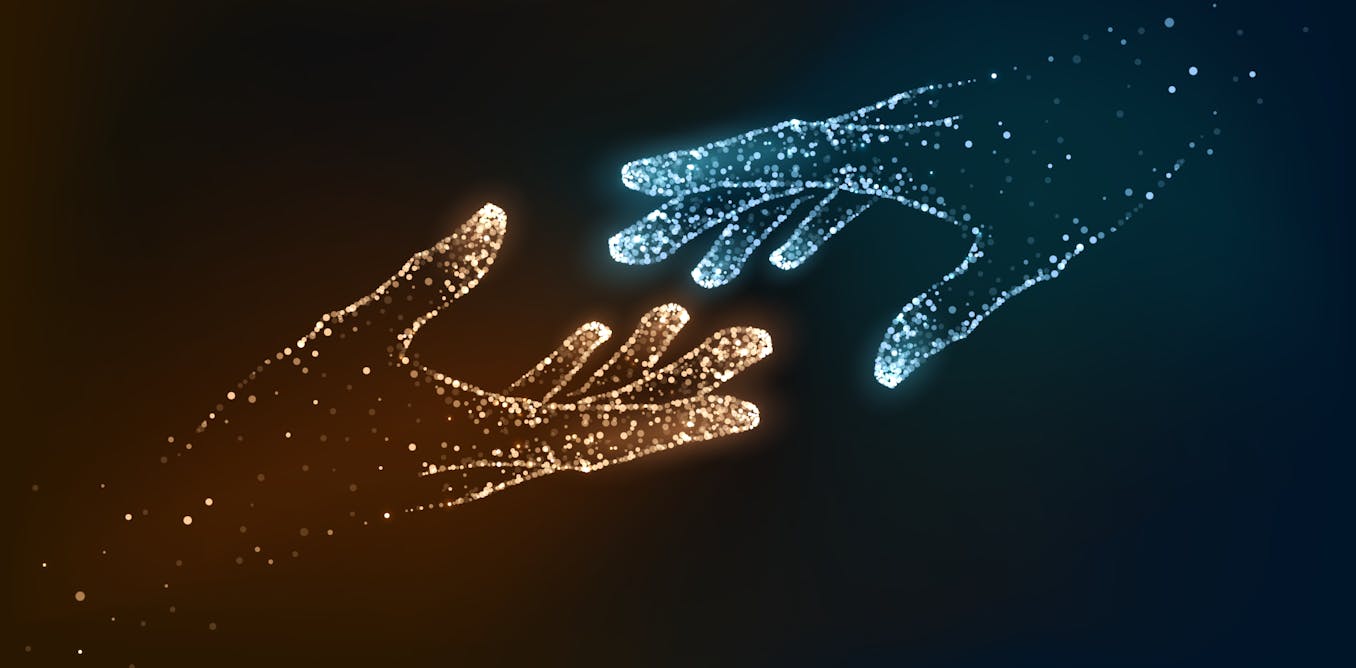
On the coming AI Religion (h/t @FrankPasquale)
A quick thread:
Religion is adelicate, dangerous concept. in Europe, centuries of religious wars could only be ended, basically, by making religion aprivate choice: recognising that anybody had a right to their own religion while at the same time having a right to not give a damn about anybody else's.
Now, the US was founded by religious extremists, and Big Tech is quite clearly working towards God As A Service.
Each religion basically says it is the holder of the only eternal truth, and that non-believers have to be converted, one way or another, for their own sake.
This has meant centuries of carnage, until Europe finally decided to give it a cut.
The centuries where religions have kept from too active proselitising have been centuries of religious (sadly only religious) average peace.
And it took humanity centuries to put to rest zealots of any kind, whose claim to final truth was just some interpretation of a set of myths and legends from Bronze Age nomad sheperds.
Just imagine what could happen if somebody seriosly started "worshipping AI", thus having immediate, daily access to the deity.
This is one of the few things I marginally agree upon with this otherwise very interesting piece:
https://theconversation.com/gods-in-the-machine-the-rise-of-artificial-intelligence-may-result-in-new-religions-201068
Other than this, there are quite a few things I totally disagree with, starting with its choice of "AI charactieristics" that resemble divinity.
None of those is more than a pipe dream, and we should strive to never stop repeating it"
- It displays a level of intelligence
No. chatGPT and all other LLMs are Just. A. Chatbot. they display no intelligence at all, just synthetic, mindless fluency
- It is capable of great feats of creativity
No, a probabilistic engine exhibits no creativity. Everything is in the eye of te beholder.
- It is removed from normal human concerns and needs
It has no cnocerns nor needs because it is mindless software. there is just nobody "there"

As human interactions with technology increase, AI-based religions are in our near future. While these religions carry risks for users, a tolerant mindset is important to consider worshippers’ rights.
It can offer guidance
No. The user can interpret synthetic text as guidance. there is no more guidance there than in a magic 8-ball or tarots, without neither the fun nor the rich folklore
it is immortal.
No. "It" is not alive.
Of course this will not mean there won't be people desperate enough to start a cult.
Logic is notoriously impotent against faith. People believe in tarots, horoscopes and all sorts of wild things against any evidence. What could stop worshippers who can prove they have immediate, on-demand access to their chosen deity?
This is arguably what the owners of LLM engines secretly aspire to. Faith-based tax exemption, for one.
And direct read-write rights to the deity's source code, for seconds.
In all of history, there is only one sure actor to gain from religious spread: clergy.
EOF